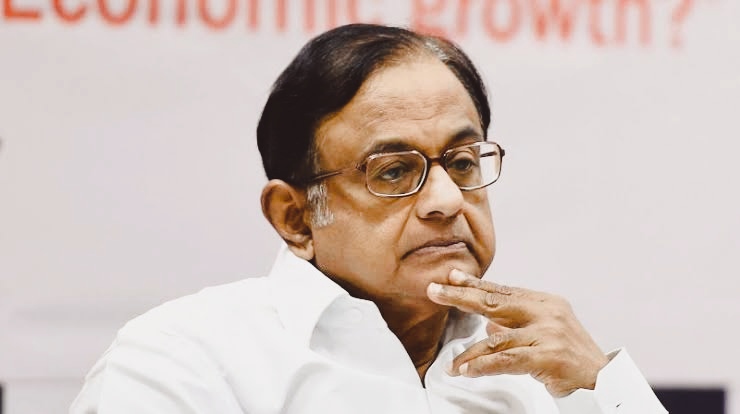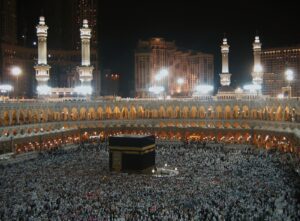Entertainment Desk, BT: Satyajit Ray, a legendary figure in the world of cinema, stands as an icon of Indian filmmaking. Born on May 2, 1921, in Calcutta (now Kolkata), Ray made an indelible mark on the global cinematic landscape with his profound storytelling, meticulous craftsmanship, and a unique blend of realism and artistic expression.
Early Life: Satyajit Ray was born into an illustrious family with a rich cultural heritage. His grandfather, Upendrakishore Ray Chowdhury, was a renowned writer and illustrator, and his father, Sukumar Ray, was a poet and a pioneer in Bengali children’s literature. Ray’s exposure to literature, art, and music from a young age laid the foundation for his later creative endeavors.

Path to Filmmaking: Ray’s journey into filmmaking was unconventional. Trained as a commercial artist, he started his career in advertising. However, his passion for cinema and his desire to bring a new, realistic style to Indian filmmaking led him to create his first film, “Pather Panchali” (1955). This film, the first installment in the Apu Trilogy, marked the beginning of a cinematic revolution.
Apu Trilogy: The Apu Trilogy, consisting of “Pather Panchali” (Song of the Little Road), “Aparajito” (The Unvanquished), and “Apur Sansar” (The World of Apu), is considered one of the greatest achievements in the history of cinema. The trilogy follows the life of Apu, a young boy growing up in rural Bengal, and captures the nuances of everyday life with unparalleled authenticity.
Style and Themes: Ray’s filmmaking style is characterized by its simplicity, attention to detail, and a deep understanding of human emotions. He often explored the complexities of human relationships, social issues, and the evolving cultural landscape of India. Ray’s films were not only aesthetically pleasing but also carried a powerful social commentary that resonated with audiences worldwide.
Global Recognition: Satyajit Ray’s films received acclaim not only in India but also on the international stage. “Pather Panchali” won the Best Human Document award at the 1956 Cannes Film Festival, marking the beginning of Ray’s global recognition. Over the years, he received numerous awards, including an Academy Honorary Award in 1992 for his lifetime achievements in filmmaking.
Versatility: Apart from his directorial prowess, Ray showcased his versatility as a filmmaker by excelling in various roles, including screenwriting, music composition, and art direction. He composed the musical scores for most of his films, creating timeless melodies that added another layer of emotional depth to his narratives.
Legacy and Influence: Satyajit Ray’s impact on world cinema is immeasurable. He not only pioneered a new wave of Indian cinema but also inspired filmmakers globally. Directors like Martin Scorsese, Akira Kurosawa, and James Ivory have expressed admiration for Ray’s work. His legacy continues to shape the cinematic landscape, with contemporary filmmakers acknowledging his influence on their craft.
Conclusion: Satyajit Ray’s contributions to cinema go beyond his role as a filmmaker. He was a visionary who transformed storytelling on the silver screen, leaving an enduring legacy that continues to inspire generations of filmmakers. Through his films, Ray immortalized the human experience, capturing the essence of life in its myriad forms. His impact on world cinema is not only a testament to his artistic brilliance but also a celebration of the universal language of storytelling that transcends cultural boundaries.





